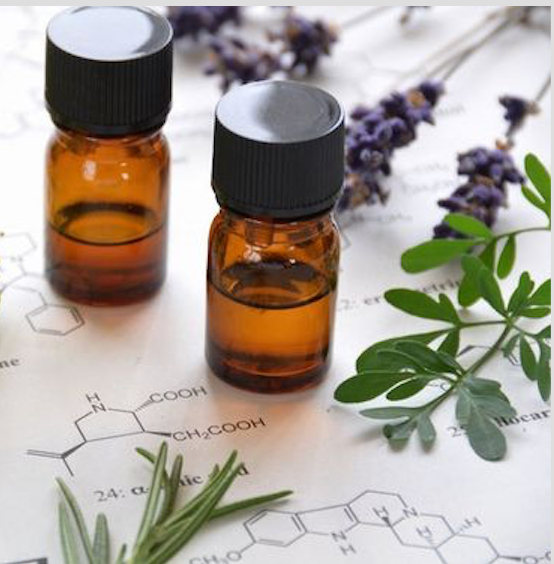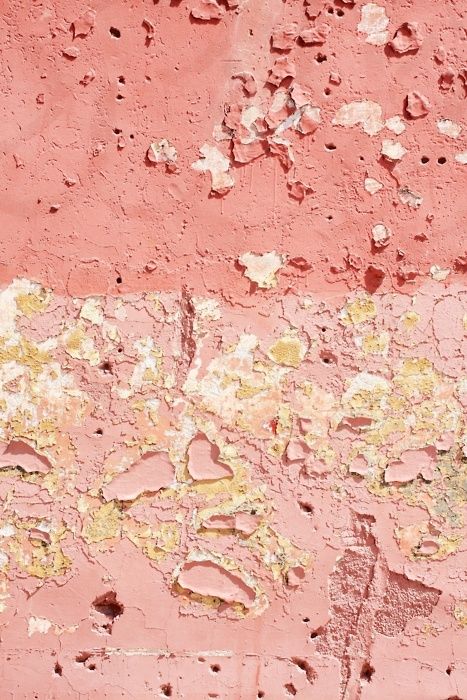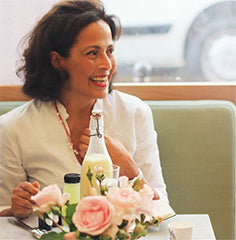
What would happen to your skincare products without a good packaging?
The clothes do not make the monk but the dress remains in cosmetics a criterion of size! Indeed, the primary packaging, jargon for these jars and bottles containing our care products, are not simply the result of chance or simple aesthetics. They are there above all to protect our formulations and their active ingredients, especially when the latter consist of valuable plant active substances sensitive to air and light. Packaging a care product therefore means, first of all, protecting it throughout the production, distribution and consumption chain in order to guarantee its safety and quality throughout its period of use. It is with this in mind that today we wanted to unveil the mysteries of conditioning to you.
Like your skin, your care needs a protection called conditioning
Its main function is to protect and "block" all sources of deterioration of the product: bacteriological contamination, oxidation by light, deterioration by water vapor, etc. There are several choices of packaging materials available, but whatever the material chosen, the manufacturer of cosmetic products must ensure by means of a study, the absence of interaction between the content, the cosmetic product, and the container.
One exception is glass, which is the most stable material and therefore the most used in industry. Glass also has the advantage of being completely recyclable, but its weight, price and fragility limit its use.
The manufacturer must also ensure the compatibility of the packaging chosen with its formulas and verify the absence of leaks and reactions of the product by stressing the product to strong variations in temperature.
Each package must have a design of an open jar with the mention of a number inside the jar. This number, which you will sometimes find under the acronym DTP (Period After Opening), indicates the number of months after opening your bottle during which your skincare product can fully fulfill its function and guarantee it to you without any alteration.
It is the synthetic result of a complex calculation applying on a scale of 0 to 3, a score with several criteria such as the microbiological nature of the product, its composition, its manufacturing and packaging process, its packaging, its method of production. use, area of application, frequency of use, etc... The more the product will be protected through its type of packaging, its formula or its exposure to air or sun and more this figure will be high. Thus, all other things being equal, the products in pump bottles will have a final grade and therefore a number of months more higher than the products in the jars since in the first case, the remaining product was not in contact with the hands, a source of contamination. Generally, the final grade obtained is 12 months but can go down to 6 months and without exceeding 18 months.
Beyond the DTP indicated, it is likely that your product is not contaminated but its effectiveness is probably affected. Thes oil-based products that do not contain water cannot be contaminated but can instead undergo oxidation which alters their effectiveness.
Obviously, each cosmetic product must pass a test known as a “stability test” before being placed on the market validating the stability of its formula and of its organoleptic characteristics - color, odor, etc. - at different temperature stresses ranging from 0 ° to 50 ° over more or less long periods. However, whatever the packaging method of your treatment, avoid a long exposure in the sun, in the heat and even in the light which in the long run will alter its effectiveness.
Finally in general, less Ingredients of your care will be retired, refined or will have undergone treatment aimed at stabilizing them over time and the more you will have to act on the conditioning mode to protect your care.
The choice of packaging just as important as the choice of treatment
As you have understood, the more your skin care product will be protected from air and light, the better your product will be, even if this is especially valid for products with "living" active substances. not having undergone any refining treatment or other treatment intended to render the substance inanimate.
Thus all products based on virgin vegetable oils, for example, can and should only be packaged in a bottle sealed against light and air to prevent their oxidation and thus preserve their action.
For this type of product or other products based on precious and fragile active substances, it is possible toe protect them from the air by opting for vacuum flasks or by expelling all traces of air by injecting an inert gas just after filling. This is the choice for which we opted for our repairing serum. The product is thus preserved intact until the first one product use, it will be subsequently consumed over a period of time maximale 6 months.
Our Elixir Bonheur serum is a fluid rich in 1st pressing virgin oils and neroli. These fresh and valuable raw materials are sensitive to oxidation by light and oxygen in the air. Its ingenious formulation provides the elements necessary for the preservation of these active ingredients. In addition, its packaging in a brown glass bottle allows, during its use, to strengthen its protection from light while the choice of a pump, rather than a pipette, makes it possible to avoid exposure to light. air of its fabulous raw materials.
Bottle, jar, pipette, roll-on ball: implications for your cosmetics
Bottles with pipettes are strongly discouraged for packaging treatments rich in virgin vegetable oils because each time they are used, the product is ventilated, exposed to light and therefore altered.
You want to see the product through your bottle, but if it is visible to you, it is also visible by light ... and as you have understood, this is not recommended. So prefer brown or opaque bottles.
For cosmetic products whose water appears among the first ingredients on the INCI list, It is better to opt for pump bottles rather than jars because all things being equal, jarred products require a greater amount of preservative since they are more frequently exposed to contamination.
Products with a roll-on ball pose no risk of contamination as long as the product does not contain water
If you abandon your products during long periods hot weather summer, Think of the put in the fridge if possible. At a temperature of around 5°C, you will improve their performance over time
Beyond technical constraints, the choice of packaging must include theconstrained ecological and promote llight containers, thes materials recyclable, unnecessary secondary packaging. At L’ODAÏTÈS, we have banned cellophane packaging and paper instructions whenever possible.


